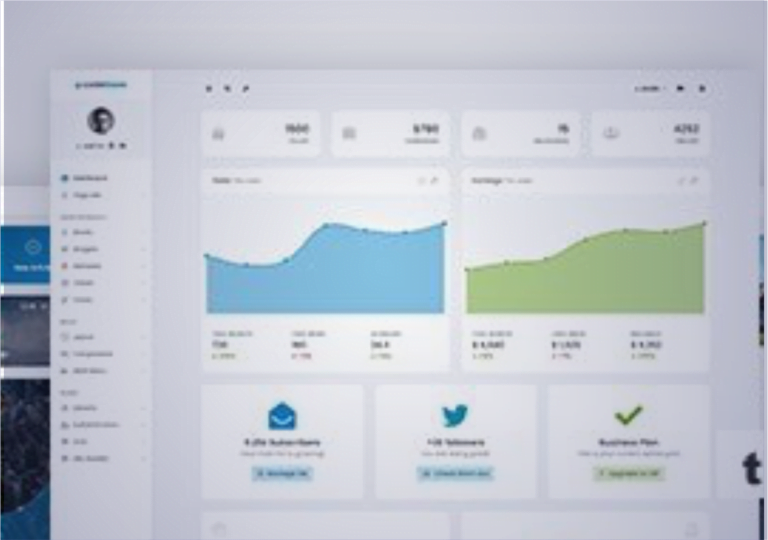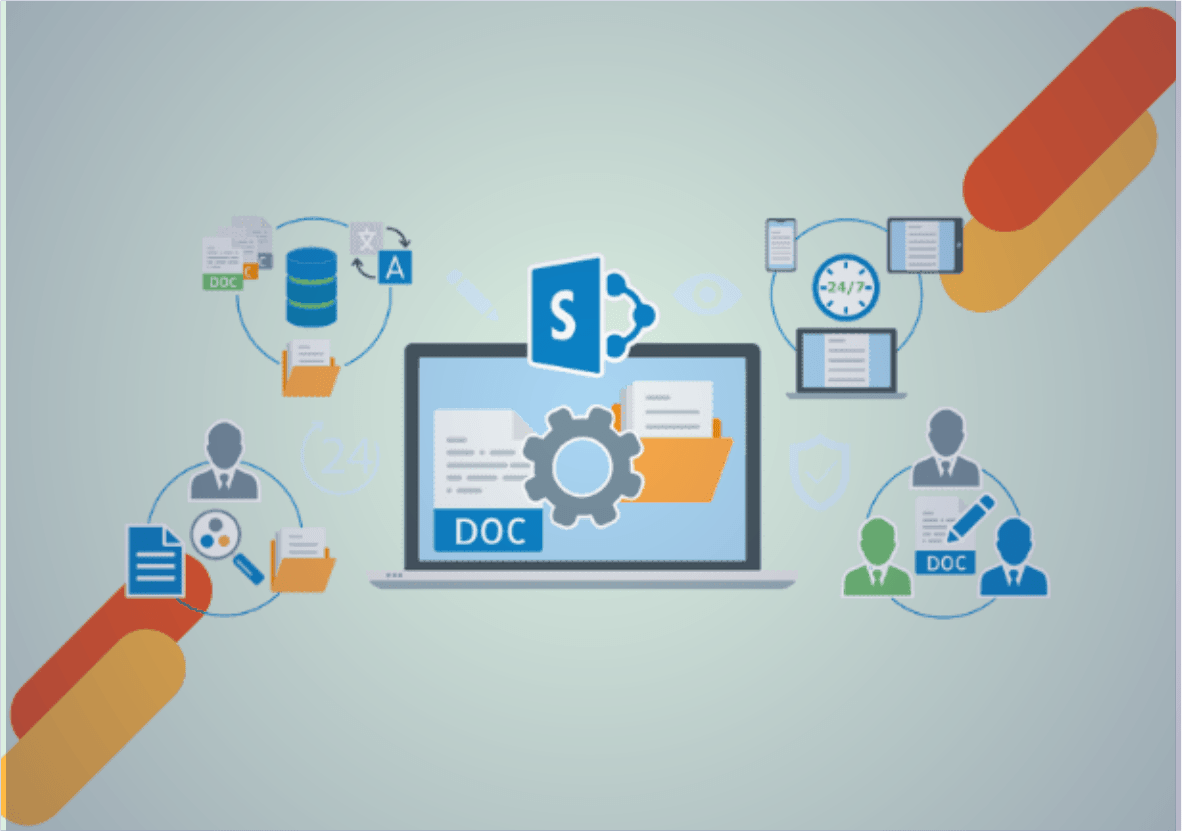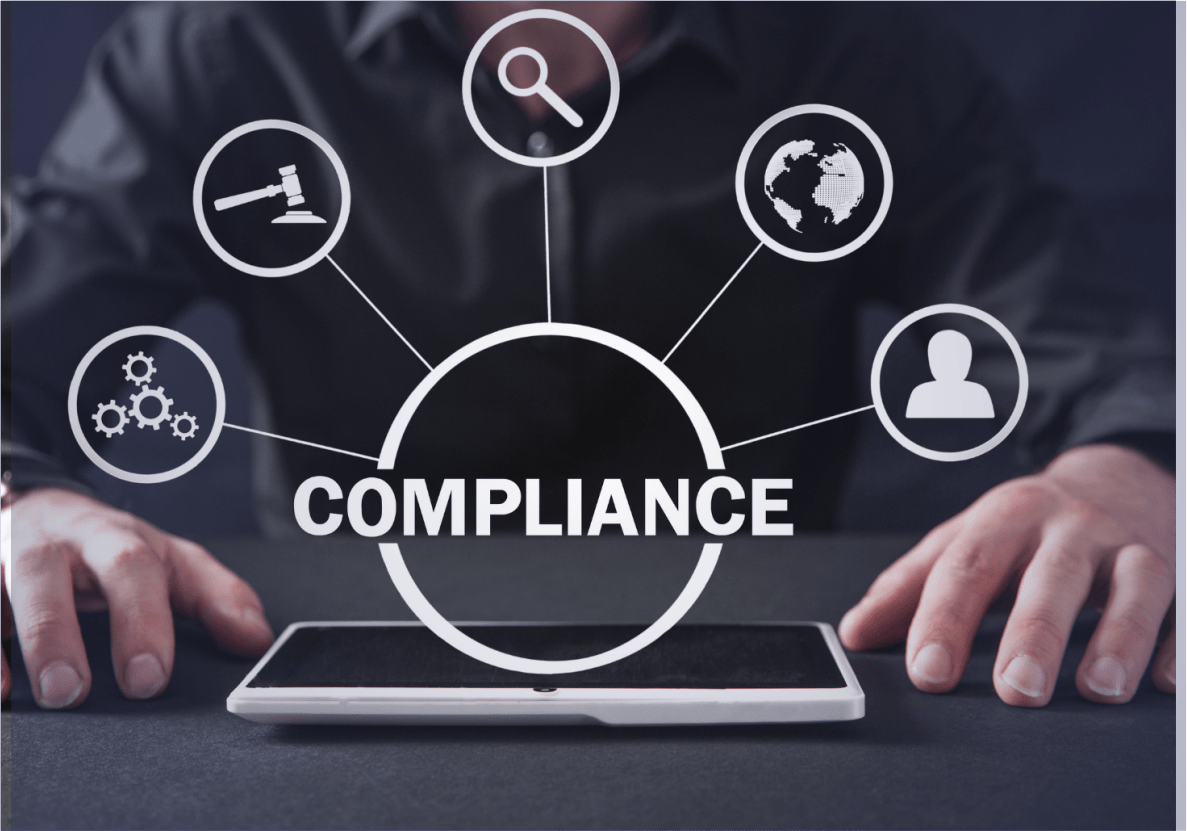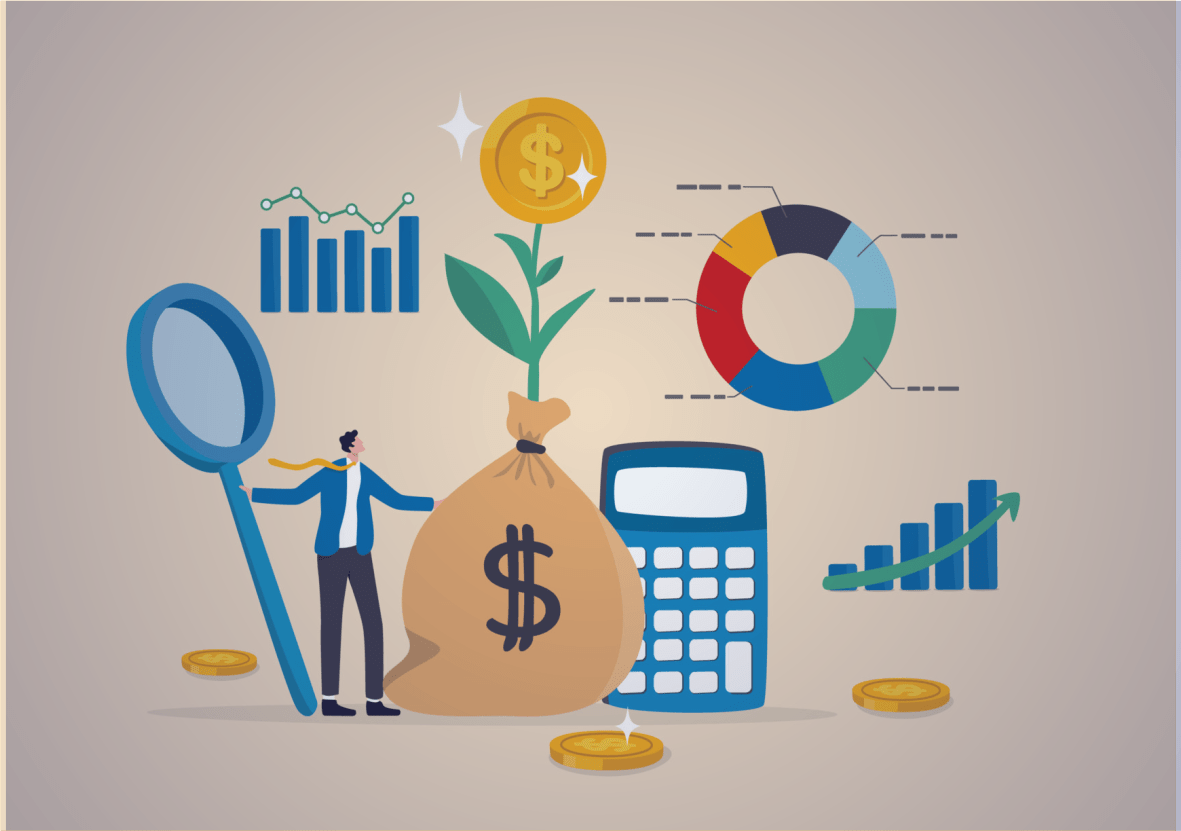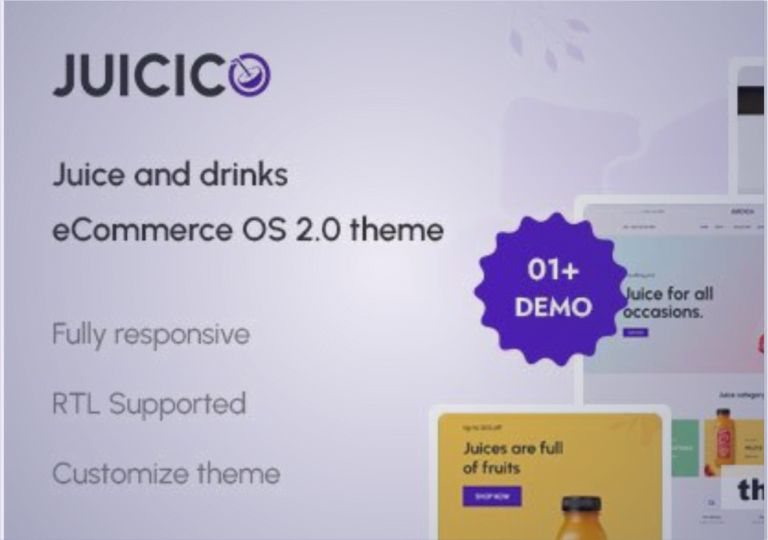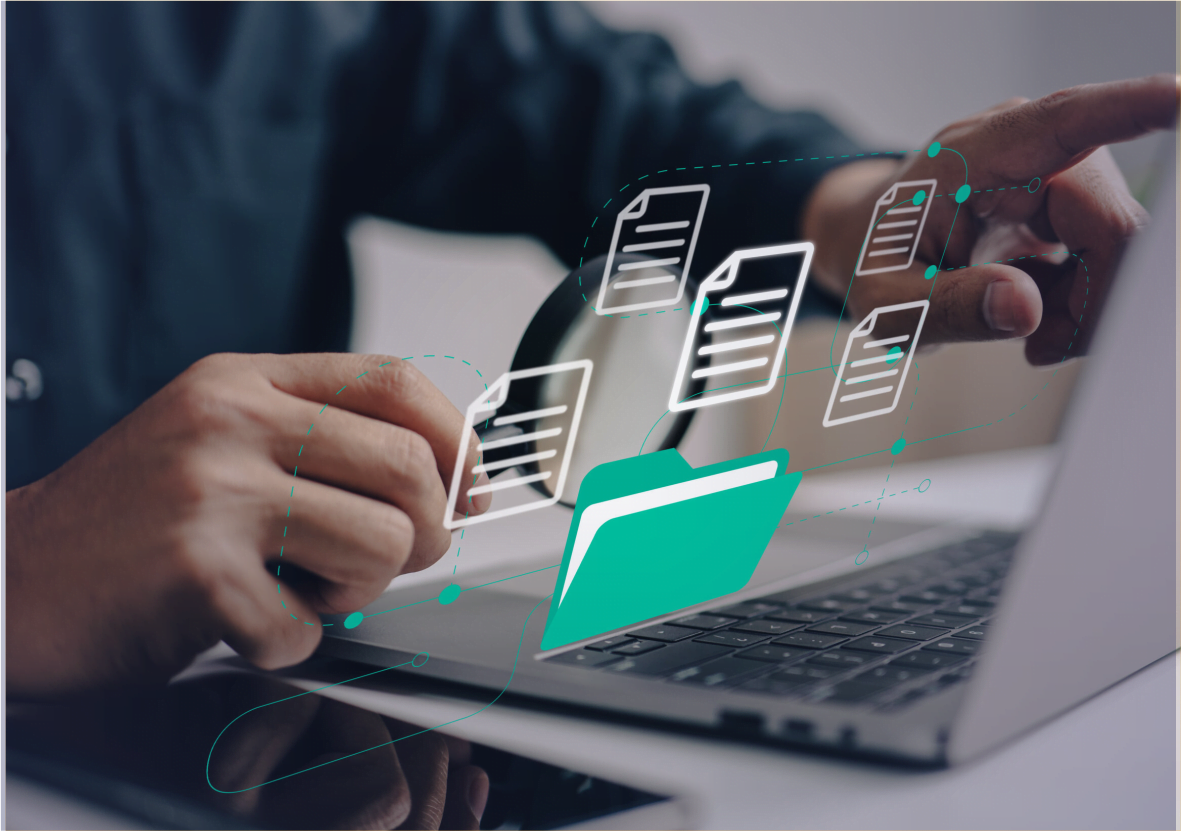Secure Your Financial Operations With VPN
Although the digital era has revolutionized financial management, it has also raised the dangers involved in financial transactions. Financial operations are now more convenient because to online banking, investing, and e-commerce, but they are also more susceptible to hacking, cyberattacks, and data breaches. Given these dangers, it should come as no surprise that more people and organizations are using Virtual Private Networks (VPNs) to improve security.
It is more difficult for third parties to follow or intercept your online activities when you use a VPN to establish a secure, encrypted tunnel between your computer and the internet. Using a VPN is not only advised for financial activities, but it is required for both personal and business banking. This essay explores the reasons why, in the modern digital world, using a VPN to secure your financial activities is crucial.
What Is A VPN ?
A Virtual Private Network (VPN) is a technology that establishes a secure, encrypted connection between your device (computer, smartphone, or tablet) and the internet. This private tunnel protects your online activities by making it more difficult for hackers, government agencies, and other third parties to monitor or intercept your data. It also hides your IP address, which is the unique identification issued to your device by your internet service provider (ISP), so you appear to be browsing from another place.
Your device initially creates a connection to a server run by the VPN provider when you access to the internet over a VPN. The location of this server might be anywhere in the world, based on your preferences or what is offered. Next, the VPN server serves as a go-between for your device and the internet, transmitting emails and loading webpages to the appropriate location.
How VPNs Protect Financial Operations
Although criminals have long had their sights set on the financial industry, the move to digital transactions has increased the threat posed by cybercrime. Hackers are always coming up with new and inventive ways to get into networks, steal money, and take advantage of weaknesses. Anyone who want to protect their online financial transactions must use a VPN. However, how does data protection truly operate?
Encryption of Financial Transactions
One of the key functions of a VPN is to encrypt your data. Your internet traffic is secured using cutting-edge encryption algorithms when you use a VPN, almost completely preventing hackers from reading or accessing your data. Your data won’t be readable by cybercriminals, even if they are able to intercept it. It is particularly crucial for financial activities to use this encryption. VPN encryption protects your financial information from prying eyes whether you’re accessing your bank account, transferring money, or making an online transaction.

Masking Your IP Address
Your IP address is visible when you connect to the internet without using a VPN. Hackers may use your IP address, which provides information about your location, to monitor your online activities and carry out focused assaults. By rerouting your connection via a distant server, a VPN hides your IP address and makes it harder for someone to link your activities to your device. This additional layer of secrecy is essential for financial activities. A VPN makes it more difficult for hackers to target you and your bank accounts by masking your IP address.
Protection on Public Wi-Fi
Public Wi-Fi networks, such as those in coffee shops, airports, or hotels, are often unencrypted and easily exploited by hackers. Without a VPN, any financial transactions you conduct on public Wi-Fi are vulnerable to interception. Hackers can easily set up rogue Wi-Fi networks or launch MitM attacks to steal your data. When you use a VPN on public Wi-Fi, your data is encrypted and your online activities are routed through a secure server, significantly reducing the risk of cyberattacks. This makes VPNs essential for anyone who frequently accesses financial accounts while on the go.
Why Financial Institutions Needs a VPN
While VPNs are essential for individuals, they are equally important for businesses, especially those handling sensitive financial data. In corporate environments, financial transactions are often conducted on a much larger scale, making them prime targets for cyberattacks. Using a VPN for business financial operations can provide significant security advantages. Securing your personal financial data is more important than ever in an era of widespread digital threats. Using a VPN provides several distinct advantages for individuals seeking to protect their financial transactions and sensitive information.
Enhanced Privacy for Online Banking
Most people use online banking to manage their finances, but few realize how vulnerable these transactions can be without proper protection. A VPN helps to secure online banking sessions by encrypting your connection, preventing hackers from intercepting your financial data. This is especially important when accessing your bank account from a public or shared network.
Additionally, some banks may restrict access to accounts based on geographical location, which can be problematic if you’re traveling abroad. A VPN allows you to connect to a server in your home country, enabling you to bypass these restrictions and securely access your bank account from anywhere in the world.
Protection Against Identity Theft
Identity theft is a growing concern, with criminals using stolen personal information to commit fraud. Financial data, in particular, is highly sought after by identity thieves. A VPN helps protect against identity theft by encrypting your online activities and preventing hackers from accessing your sensitive information. By masking your IP address and encrypting your connection, a VPN ensures that your financial data is kept private, reducing the risk of identity theft and fraud.
Protecting Sensitive Business Transactions
Businesses often handle large-scale financial transactions, such as payroll, vendor payments, and client billing. These transactions typically involve sensitive data that must be kept secure. A VPN ensures that all data transmitted during these transactions is encrypted and protected from cyberattacks.
Additionally, businesses dealing with international clients may encounter geographical restrictions when accessing financial systems. A VPN allows companies to bypass these restrictions by connecting to a server in a different country, ensuring seamless access to financial resources.

Ensuring Regulatory Compliance
Many industries, particularly finance, are subject to strict regulatory requirements regarding data security and privacy. Failure to comply with these regulations can result in severe penalties. Using a VPN can help businesses meet these requirements by providing an additional layer of security for financial transactions and data transfers.
For example, VPNs can help businesses comply with regulations such as the General Data Protection Regulation (GDPR) in Europe or the Payment Card Industry Data Security Standard (PCI DSS), which governs the handling of credit card information. By using a VPN, businesses can ensure that their financial operations are secure and in compliance with regulatory standards.
Choosing The Right VPN
Not all VPNs are created equal, and when it comes to securing financial operations, it’s essential to choose a VPN that offers robust security features and reliable performance.
Security Features
Security need to be your first consideration when choosing a VPN for financial transactions. Seek out a VPN that provides military-grade encryption, such the industry-standard 256-bit AES encryption, which is thought to be the best available. To further guarantee that your financial data is safe, features like a kill switch—which instantly disconnects you from the internet in the event that the VPN connection drops—and DNS leak prevention are crucial.
If the VPN company has a no-logs policy, it is another important characteristic to take into account. This guarantees the privacy of your financial information as the VPN provider does not keep track of your online activities. For financial transactions, a no-logs policy is especially crucial since you want to be sure that the VPN service isn’t storing or sharing any sensitive information about you.
Fast and Reliable Connection
Although security is of utmost importance, you should also look for a VPN that operates quickly and consistently. Stable connections are necessary for financial operations, particularly those involving big quantities of money or payments that must be made quickly. To guarantee quick and reliable speeds, look for a VPN service provider with a sizable network of servers spread across several regions.
Selecting a VPN that works with many devices is crucial for both consumers and enterprises. The majority of individuals use a variety of gadgets, such as computers, tablets, and smartphones, to make financial transactions. Regardless of how you access your bank accounts, all of your devices are safe when you use a VPN that supports multiple devices.
Conclusion
Using a VPN to secure your financial activities is now essential in a world where cyber attacks are constant. Unmatched protection is provided by a VPN for both individuals and enterprises, from safeguarding private financial information to guaranteeing anonymity when using public Wi-Fi. A VPN may protect your online shopping, banking, and business financial activities by encrypting your data, hiding your IP address, and granting secure access to financial systems.
Getting a good VPN is one of the best methods to safeguard your financial operations and defend yourself from online dangers, regardless of whether you’re a business owner or personal money manager. The demand for safe and private online spaces will only increase in tandem with the growth of digital transactions. Your first line of defense should be a VPN, which provides strong safety and piece of mind for all of your financial transactions.








